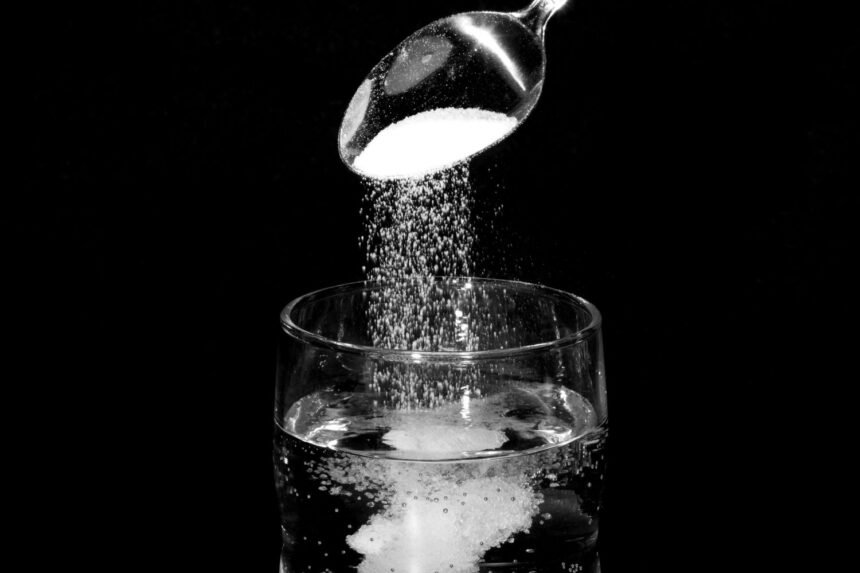As summer looms closer, the quest to stay hydrated intensifies, prompting exploration into unconventional methods. Among these, the practice of adding salt, specifically sodium chloride, to drinking water has sparked considerable interest. But does this technique truly stave off dehydration during the scorching summer months?
Experts in nutrition and hydration affirm that salt, a vital component in fluid balance within the body, holds potential for aiding hydration. “Sodium chloride is essential for regulating fluid levels,” states Dr. Sarah Johnson, a renowned dietitian. “In hot weather, excessive sweating not only depletes water but also crucial electrolytes like sodium. Incorporating a small amount of salt into water can help replenish these electrolytes, bolstering hydration.”
However, Dr. Johnson advocates for moderation, cautioning against excessive salt intake. “Overconsumption of salt can pose health risks, including elevated blood pressure. It’s imperative to strike a balance and avoid going overboard,” she advises.
While scientific research on the efficacy of salt-infused water for hydration remains somewhat limited, promising findings have emerged. A study published in the Journal of the International Society of Sports Nutrition unveiled that salt supplementation in water significantly boosted hydration levels and performance during extended exercise in hot conditions.
Despite these encouraging results, skepticism persists among some experts. Dr. Michael Chen, a seasoned sports medicine physician, urges against solely relying on salt-laden water for hydration. “While salt aids in replenishing lost electrolytes, it’s not a comprehensive solution. Adequate hydration necessitates consuming ample water and electrolytes from dietary sources,” he cautions.
Moreover, individual tolerance to salt varies, with certain demographics, such as individuals with hypertension or kidney ailments, needing to exercise heightened caution.
For those contemplating salt supplementation, Dr. Johnson offers practical guidance. “A pinch of salt per liter of water is generally safe for most individuals. It’s crucial to listen to your body and adjust accordingly. If you experience adverse effects like nausea or bloating, it’s advisable to discontinue the practice.”
In essence, while augmenting drinking water with salt may confer benefits in preventing dehydration this summer, it’s not a one-size-fits-all solution. Seeking counsel from healthcare professionals, particularly for those with pre-existing medical conditions, is recommended.
As temperatures soar, maintaining hydration remains paramount. Whether through salt-enhanced water or conventional means, prioritizing fluid intake and sustaining electrolyte balance are vital for optimal health and well-being throughout the summer season.
